Ms. Le Thuong, President of the Vietnam General Association in the Kansai region, shared her opinion on Resolution No. 66-NQ/TW with VNA reporters. (Photo: Xuan Giao/VNA)
Meanwhile, Resolution No. 68-NQ/TW of the Politburo on private economic development is considered one of the pillars for the country to take off.
Overseas Vietnamese in Japan have shared their opinions regarding these two Resolutions.
Create more confidence for the overseas Vietnamese community to return and contribute to their homeland.
Ms. Le Thuong, President of the Vietnam General Association in Kansai, Japan, shared that although she is a Vietnamese citizen living abroad, she always pays special attention to the major policies and guidelines of the Party and State, including the work of building and perfecting the legal system.
In recent years, especially with the promulgation of Resolution 66-NQ/TW, she clearly felt the very high political determination in comprehensively reforming the work of building and enforcing laws, towards a modern, synchronous, stable and effective legal system. This not only contributes to promoting socio-economic development in the country but also creates more confidence for the overseas Vietnamese community when thinking about returning to contribute to the homeland.
Assessing the role of the legal environment in attracting overseas Vietnamese to return home to invest, contribute knowledge and resources, Ms. Le Thuong said that the legal environment is the foundation for building trust and peace of mind for all social entities. For overseas Vietnamese, this is even more important.
A clear, transparent, stable and investor-friendly legal corridor will open up opportunities for the global Vietnamese community to bring capital, intelligence, technology and experience to serve the country's development. A favorable legal environment is also an indicator of the country's level of institutional development, thereby enhancing Vietnam's position in the international arena.
However, Ms. Thuong said that besides the remarkable progress, there are still barriers and legal bottlenecks such as complicated administrative procedures, lack of synchronization between government levels, or inconsistent interpretation and application of laws. These are factors that make many overseas Vietnamese still hesitant and apprehensive.
According to her, Resolution 66-NQ/TW has clearly pointed out the requirement to strongly innovate legal thinking, perfect the law-making process in an open direction, and strengthen enforcement discipline.
She believes that when implemented synchronously and substantially, this Resolution will help remove old barriers, opening up an era of institutional development for the people and for the country.
Expressing her hope for innovation in law enforcement, especially at the grassroots and local levels, Ms. Le Thuong emphasized that law enforcement at the grassroots level is the most important measure to assess the effectiveness and efficiency of the law.
She expects that all levels of government, especially at the local level, will strongly shift from a “management” mindset to a “service” mindset; from administrative practices to a people- and business-centered approach. Law enforcement needs to be flexible, practical, closely linked to local socio-economic development requirements, while at the same time ensuring consistency across the entire national legal system.
"Golden opportunity" for the private economy to rise
As a businessman of Vietnamese origin living abroad, Mr. Tran Van Tam, Chairman of Yamanishi Union, a Vietnamese businessman in Japan, gave his assessment of the potential of the private economic sector in Vietnam.
He believes that Vietnam's private economic sector has the potential to make a strong breakthrough, especially as the country enters a new development cycle. Vietnam has a young population, large consumption power, a rapidly evolving digital transformation platform, and deep international integration. This is a "golden opportunity" for the private economy to grow. With timely support policies, private enterprises can completely become the main growth engine of the economy.
However, Mr. Tran Van Tam also shared that there are still problems that make him and foreign investors hesitant when cooperating with domestic private enterprises.
According to him, the biggest concern is still information transparency and corporate governance capacity. Many private enterprises in Vietnam are still weak in financial reporting, have not standardized governance according to international practices, or lack long-term strategies. In addition, the legal environment in some localities is not yet synchronized, causing foreign investors to be hesitant when approaching the market.
However, Mr. Tran Van Tam said that in recent years, the trend of professionalization has been taking place strongly, especially in young businesses.
According to Mr. Tran Van Tam, in that context, Resolution 68 is a very positive signal for the overseas Vietnamese community. This document demonstrates clear political determination in promoting the private sector and considering it a pillar of sustainable development.
He believes that for overseas Vietnamese like him, the most important thing is the clarity of direction and commitment from the State. With consistent and transparent policies, overseas Vietnamese can absolutely play the role of a bridge to transfer technology, management knowledge, and even finance to promote the development of domestic private enterprises.
Mr. Tran Van Tam also mentioned 3 areas in the Vietnamese private economic sector that overseas Vietnamese are particularly interested in. First is education and training technology. He said that Vietnam is in need of advanced educational models. Regarding food processing and clean agriculture , this is Vietnam's strength, but it needs to apply more modern preservation and logistics technology.
Regarding the issue of innovative startups, many young entrepreneurs in the country are looking for consultants and angel investors, this is where overseas Vietnamese can provide very effective support.
In addition, the digital transformation, smart tourism, and public health sectors are also attracting attention from overseas Vietnamese investors in Japan, Korea, the US, Australia, etc.
To strengthen the connection between the global Vietnamese business community and domestic private enterprises, Mr. Tran Van Tam proposed to build an official network connecting global Vietnamese businessmen, led by a central agency, with a transparent project bank and a systematic investment support system. At the same time, it is necessary to organize national private economic forums - with the participation of overseas Vietnamese, combined with a series of specialized seminars on investment and technology transfer.
On the other hand, Mr. Tran Van Tam hopes to have an “overseas Vietnamese advisor” mechanism, meaning that Vietnamese experts abroad can directly advise domestic enterprises according to the mentor-partner model. If this can be done, the strength of overseas Vietnamese will be aroused in the right place and at the right time./.
According to VNA
Source: https://baothanhhoa.vn/nghi-quyet-66-va-68-tin-hieu-rat-tich-cuc-doi-voi-cong-dong-kieu-bao-260700.htm


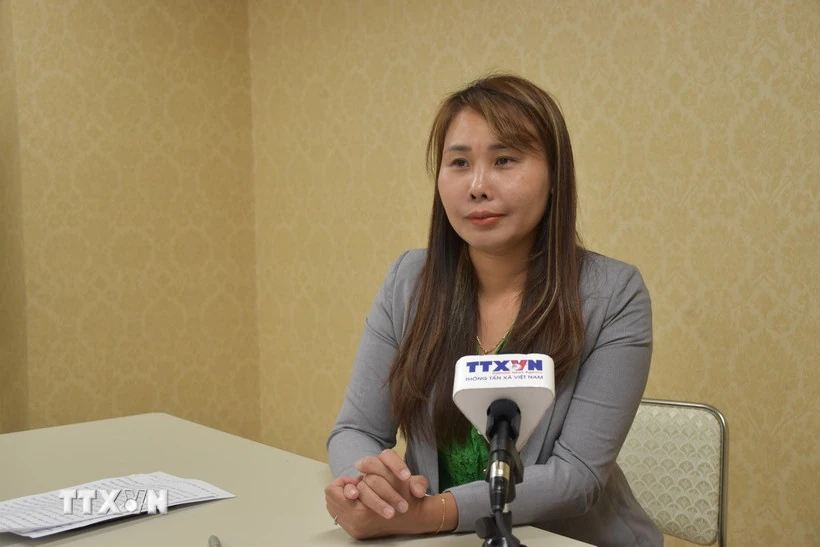






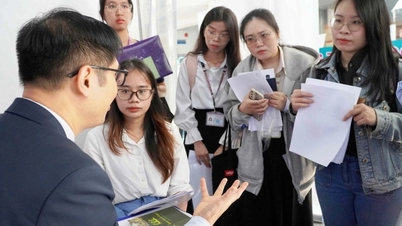

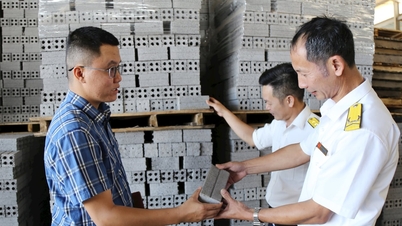

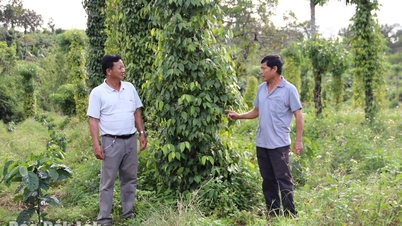

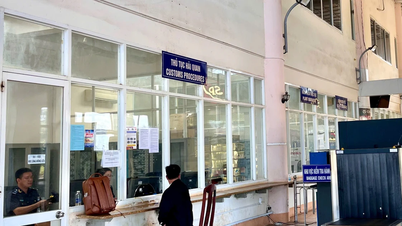

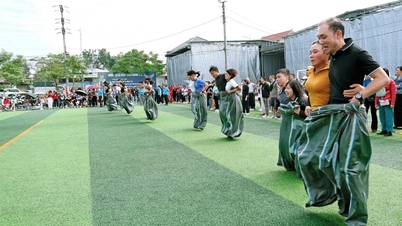

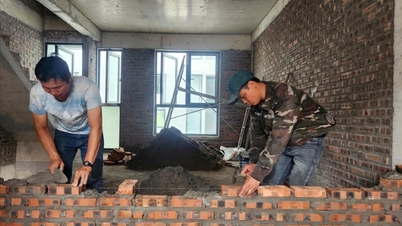
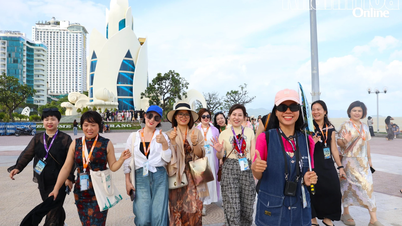

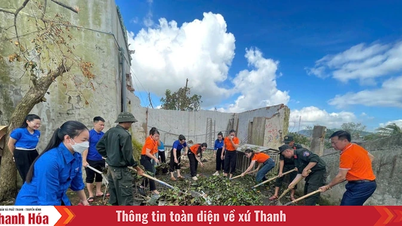




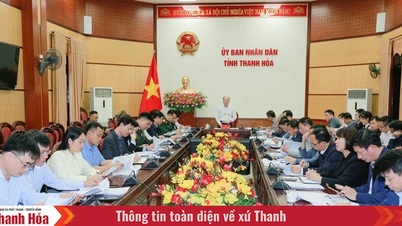




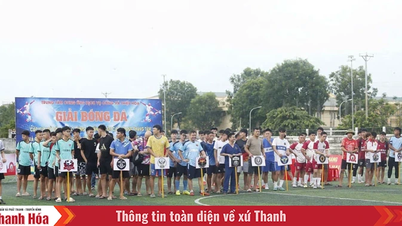

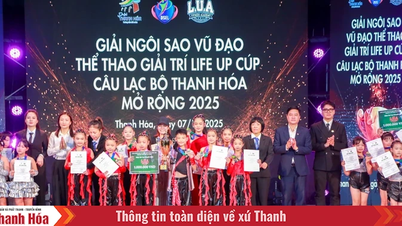

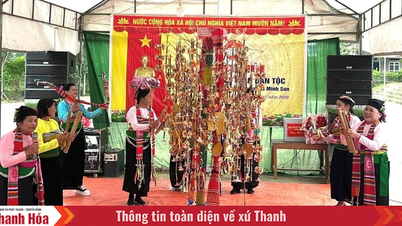
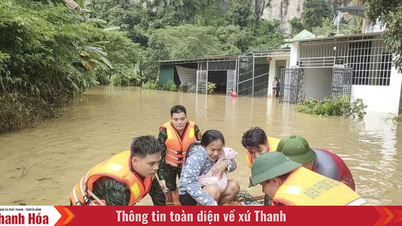
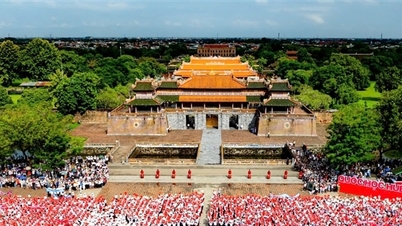

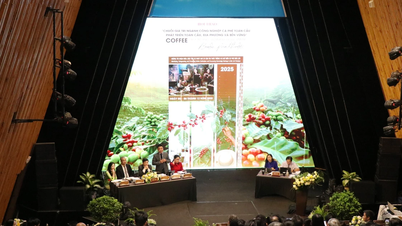









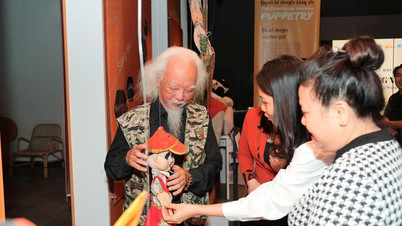

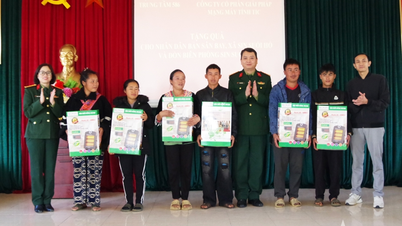

































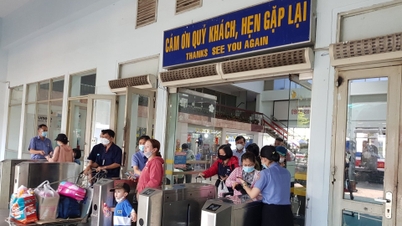



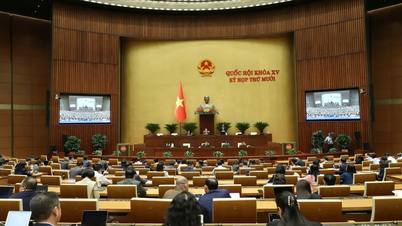

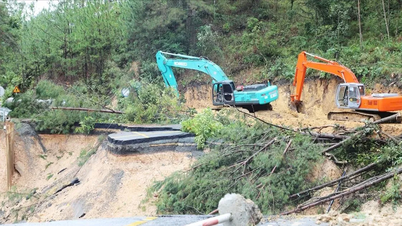
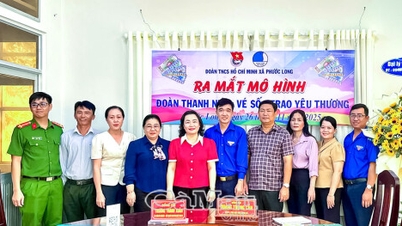














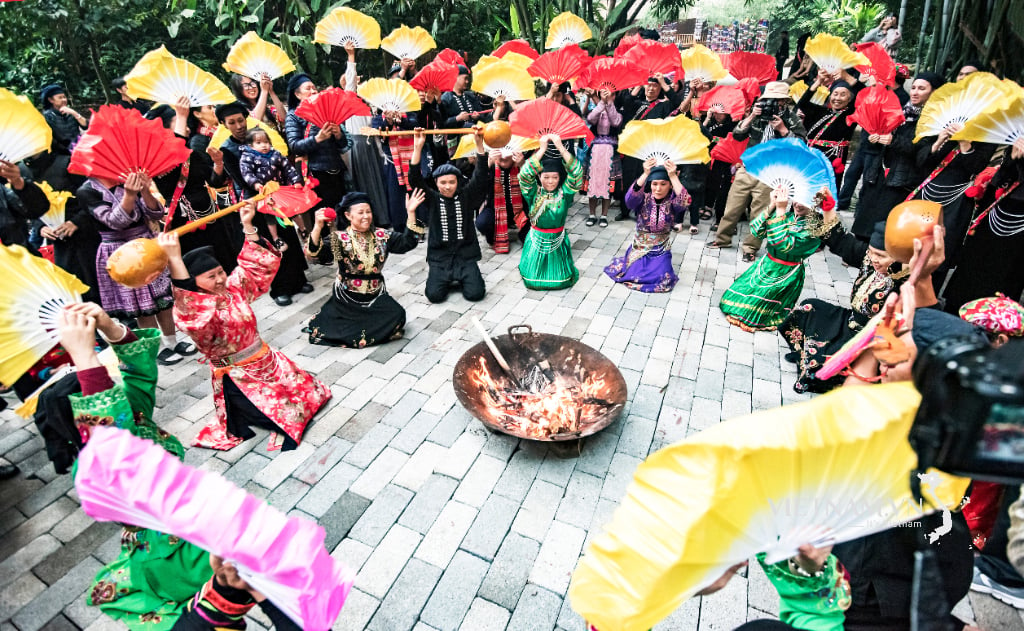




Comment (0)